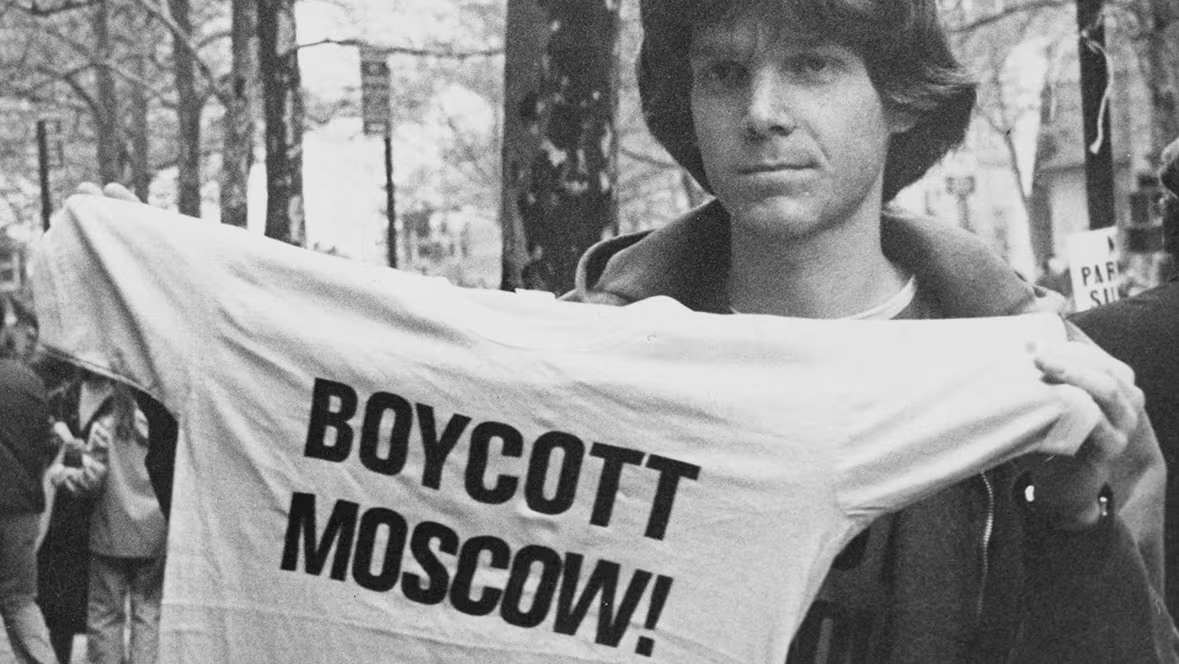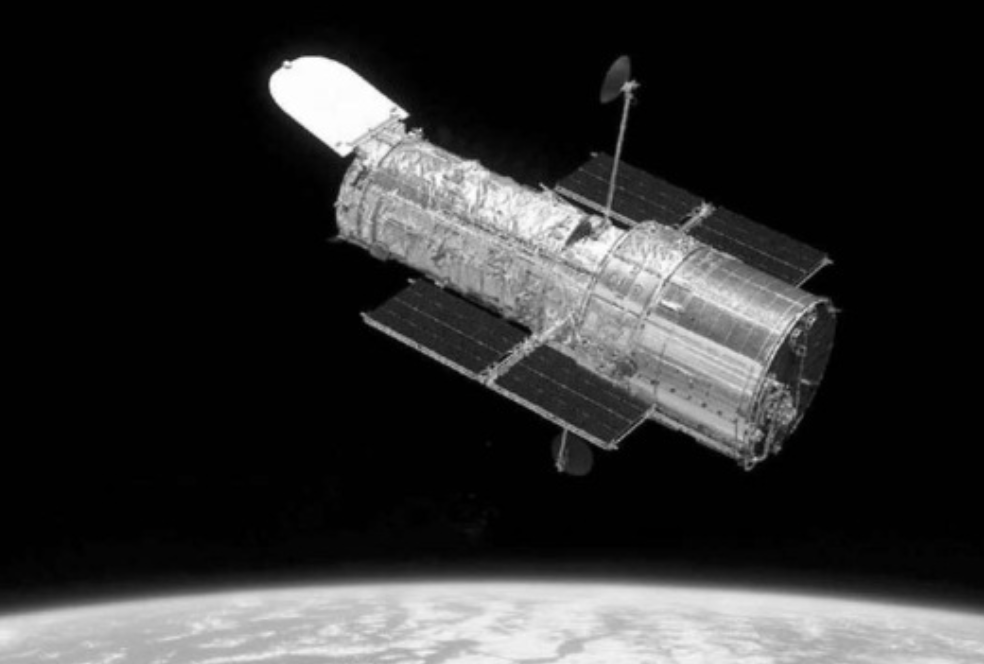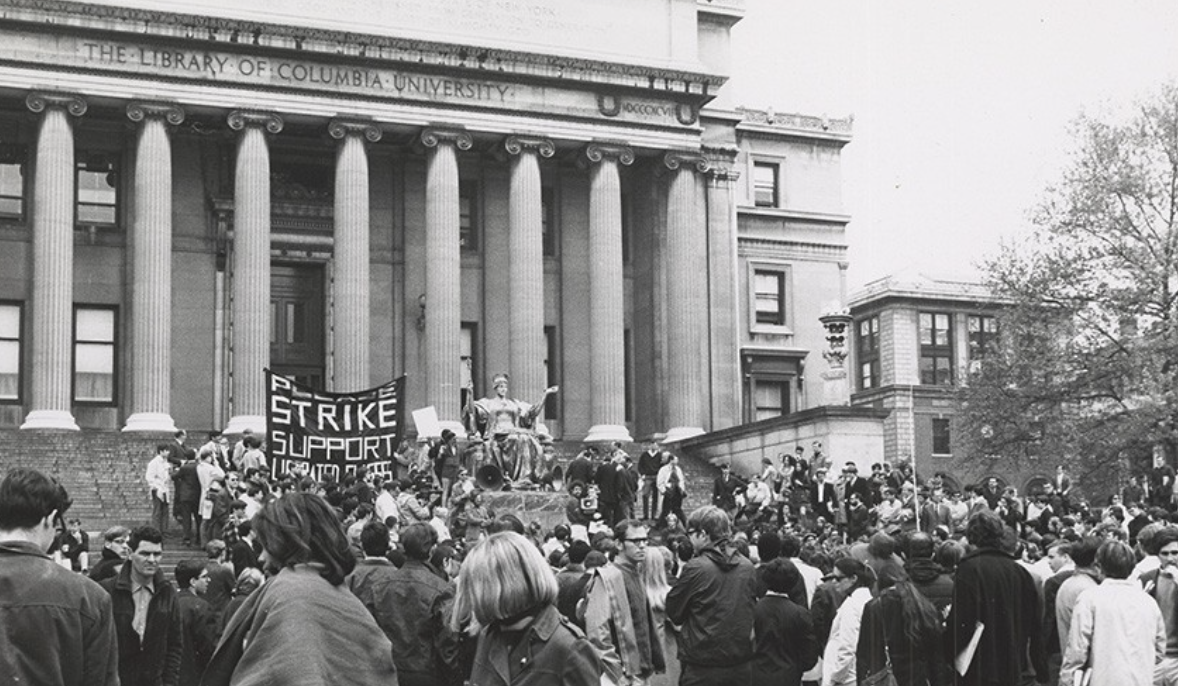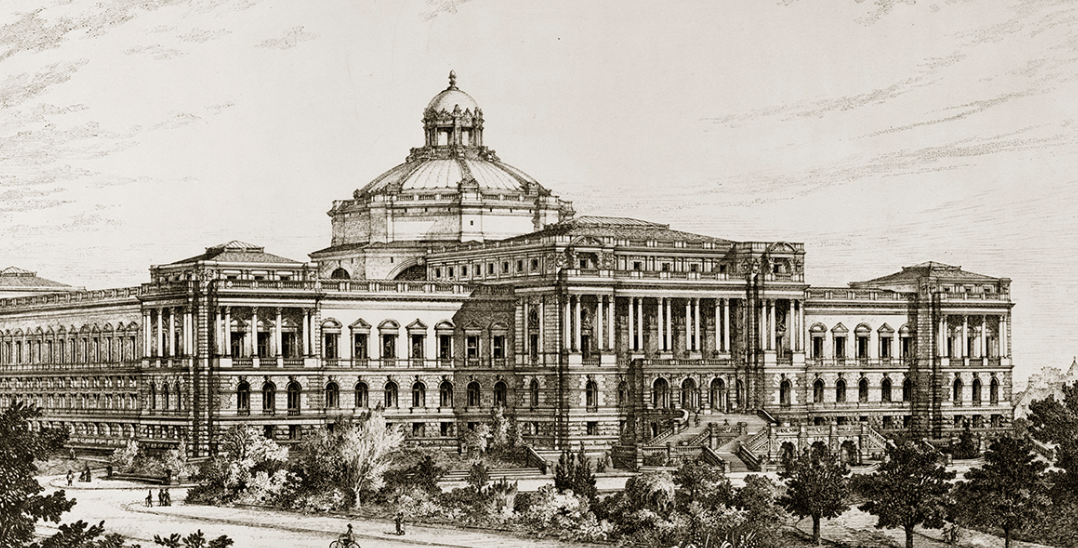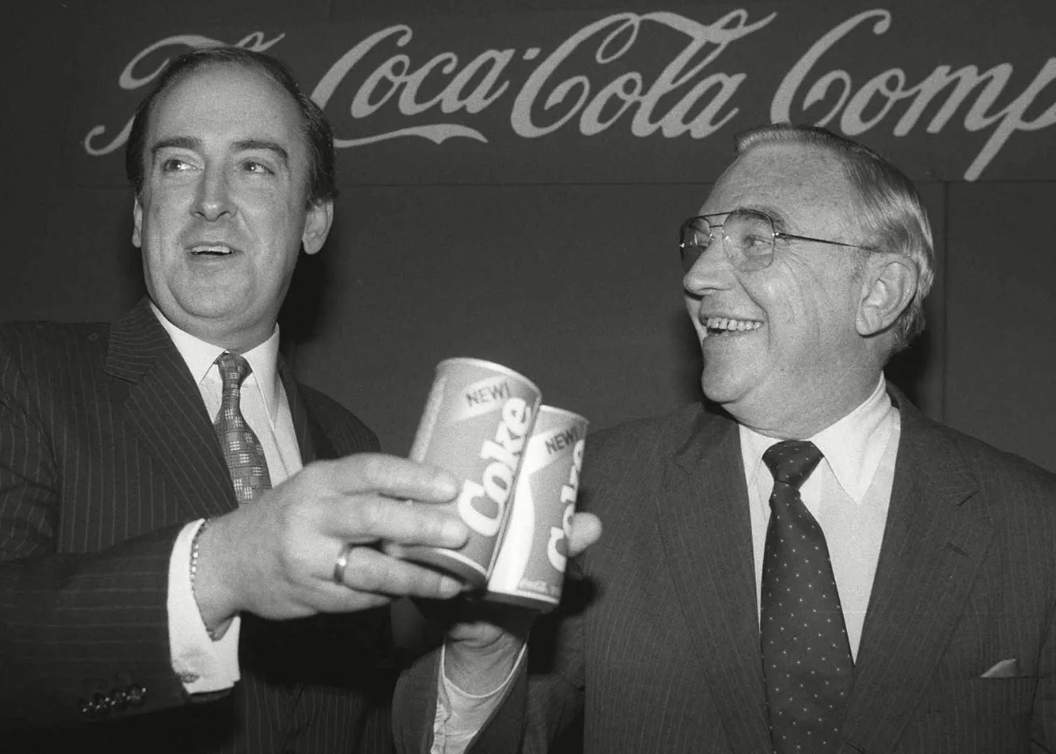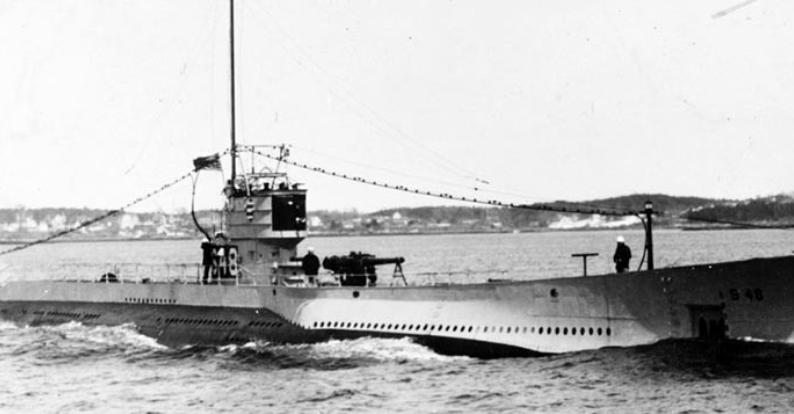On March 21st, 1980, U.S. President Jimmy Carter announced that the United States would boycott the Summer Olympics in Moscow to protest the Soviet Union’s invasion of Afghanistan. This decision was made in response to the Soviet Union’s military intervention in Afghanistan, which began in December 1979.
The invasion of Afghanistan was viewed by many in the West as a blatant violation of international law, and the United States, along with several other countries, condemned the Soviet Union’s actions. The U.S. government believed that the boycott of the Moscow Olympics would send a clear message to the Soviet Union that their actions would not be tolerated by the international community.
The decision to boycott the Olympics was not without controversy. Many athletes and sports fans were disappointed by the decision, and some argued that it was unfair to punish athletes who had trained for years to compete in the games. Others believed that the boycott would have little impact on the Soviet Union’s behavior and that it was a political gesture that would ultimately hurt American athletes more than anyone else.
Despite the controversy, the U.S. government remained firm in its decision to boycott the Moscow Olympics. In addition to the United States, over sixty other countries also boycotted the games, including Canada, West Germany, and Japan. The boycott was a significant blow to the Soviet Union, as it undermined the legitimacy of the Olympics and deprived the country of some of the world’s top athletes.
In the end, the boycott did not have the desired effect of forcing the Soviet Union to withdraw from Afghanistan, and the war would continue for another nine years. Nevertheless, the decision to boycott the Moscow Olympics remains an important moment in Cold War history and a reminder of the tensions and conflicts that defined the era.

